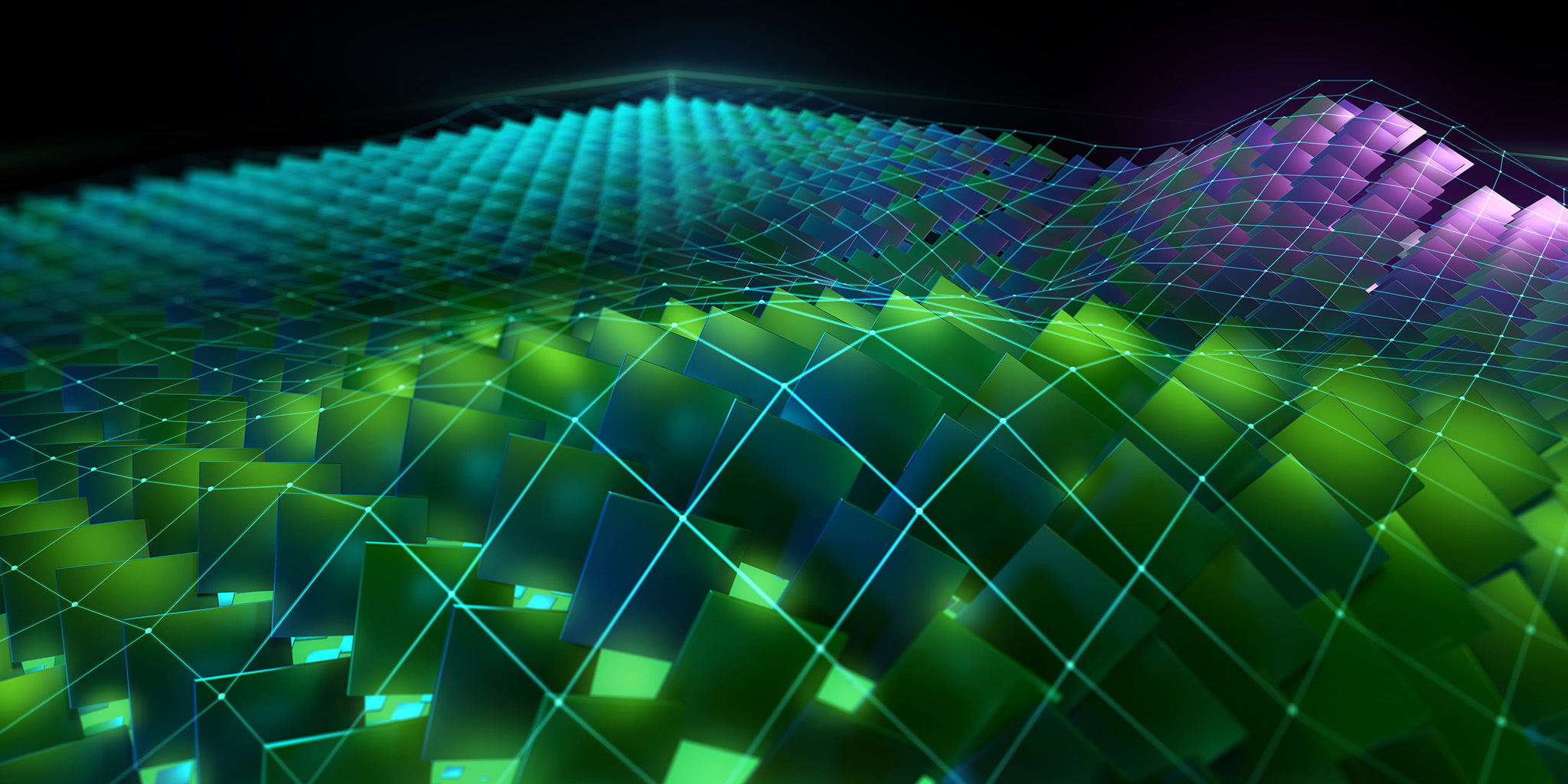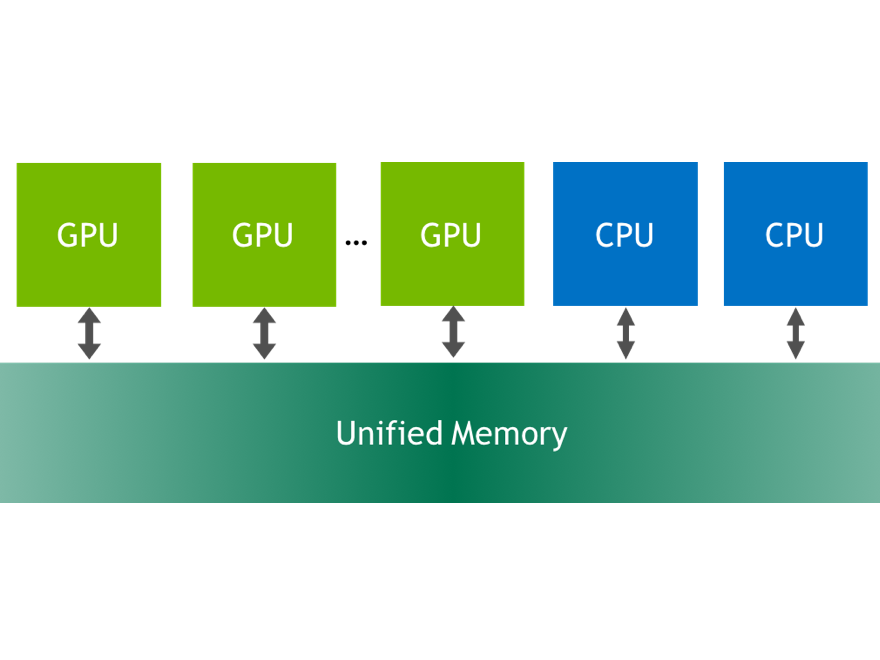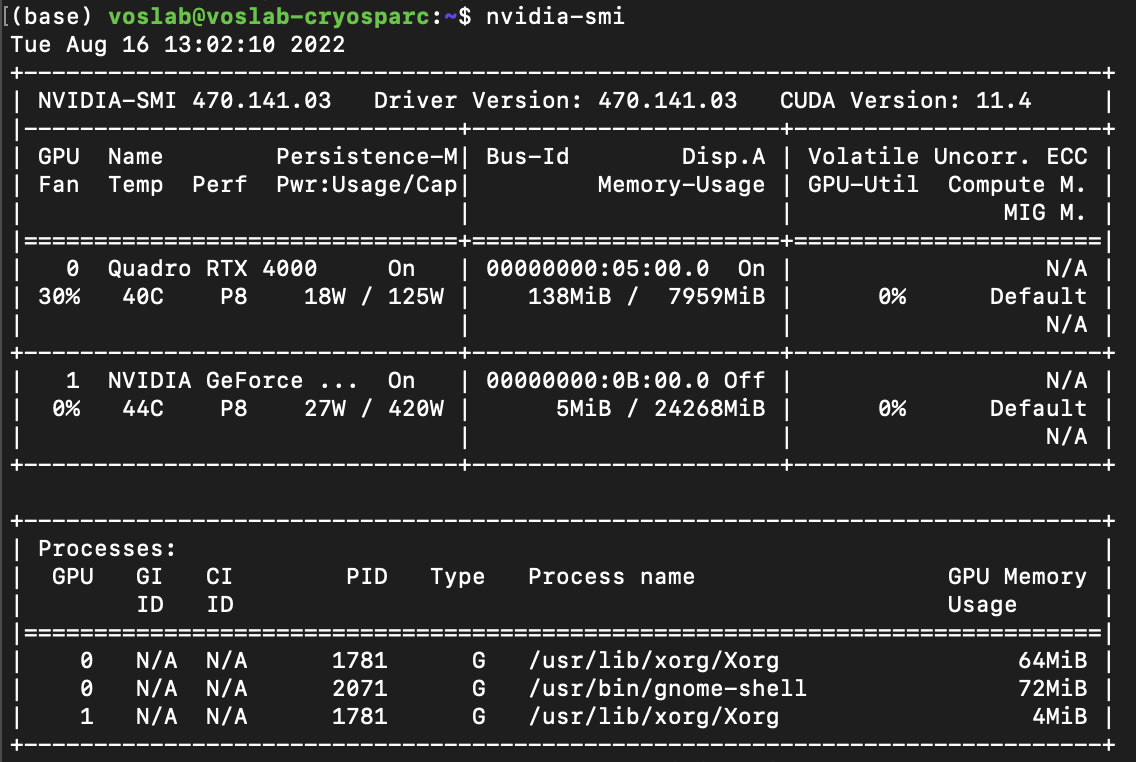Roads & PavementRoads & Pavement
Barefoot
Minimal
Low
Medium
High
Maximal
All around running shoes offer comfort and cushioning for daily runs, jogs, walks, and long mileage. They offer enough versatility for both faster and slower runs and are a great option for those who want one running shoe to do it all.
Fast run or uptempo running shoes are lightweight and responsive. They offer streamlined designs that have minimal uppers and offer a high level of energy return. These shoes are a great option for faster runs in the week or those looking for a livelier experience.
Max Cushion shoes offer premium cushioning with ample ground protection and a stable ride. These types of shoes provide abundant impact protection that softens landings while running at any pace or distance. These types of shoes are best for slower recovery runs and easy days where comfort takes priority.
Racing shoes are designed with optimal performance in mind. These types of shoes have snug-fitting uppers, energetic midsole foams, and features implemented for maximum efficiency. These types of shoes are best for runners looking to gain the ultimate advantage in races but may sacrifice some durability and comfort.
Gym Workout shoes offer a stable and versatile ride. They have a firmer underfoot feeling that provides stability for lateral movements with comfortable uppers. These types of shoes are best for trips to the gyms, cross training, casual wear, and light running. Programming Guide CUDA Toolkit Documentation
Road running shoes feature smooth outsoles that are designed for running on paved surfaces such as roads, sidewalks, and bike paths.
Designed to handle most trail runs, these shoes prioritize comfort and a smooth ride. These shoes are great for anything from smooth singletrack, park trails, and fireroads making them ideal for those who run from their doorstep on streets before hitting the trail.
These shoes are best used for hard, rugged trails such as shale, granite or sandstone where grip on smooth surfaces and underfoot protection are important.
Designed for use in muddy, soggy conditions, these shoes feature very aggressive outsoles that dig deep into soft ground for exceptional traction.
These shoes feature technical outsoles designed to grip snowy and icy trails making them ideal for winter trail running.
Cushioning level, or stack height, refers to how much shoe is between your foot and the ground. For this category, we reference the amount of cushioning below the forefoot as the heel height will be equal to or greater than the forefoot height.
Maximizing Unified Memory Performance in CUDA NVIDIA Technical Blog
0-13mm. The Shoe generally does not have a midsole and feels like there is no cushioning. This shoe is all about feeling the ground underfoot.
14-18mm. The shoe has a thin midsole that allows for a natural running experience. Racing shoes and minimalist shoes are common here. These shoes offer a feeling of being connected to the road or trail.
19-23mm. The shoe has a slightly cushioned feel and may feature added cushioning technologies. Performance training shoes and some trail shoes are common here. These offer protection during footstrike but prioritize a lightweight, grounded experience.
24-28mm. These shoes have a stack height that fall near the middle of the spectrum.The shoes in this category are verstaile and great for all types of runs and distances.
29-34mm. The shoe has a thick midsole and ample cushioning. These shoes are highly protective and absorb more impact than the body.
35mm plus. The shoe has an extremely thick midsole and extra cushioning. The focus is on protection and soft foam underfoot with hardly any ground feel.
Neutral shoes support the foot through a normal range of arch collapse and generally do not have a built-in technology to correct movement.
Stability shoes are a great option for those who overpronate or need added support. These shoes help to limit the inward rolling motion of the ankle while running or walking and assist in guiding the foot straight through the gait cycle. CUDA 11.4 error Install Configure and Update CryoSPARC Discuss
Product Details:
10 Ways CUDA 6.5 Improves Performance and Productivity NVIDIA 2025, What is NVIDIA CUDA What can it do for Deep Learning 2025, CUDA LLVM Compiler NVIDIA Developer 2025, RTX 2060 CUDA not available Drivers Linux Windows MacOS 2025, CUDA GPUs Compute Capability NVIDIA Developer 2025, CUDA Quantum for Hybrid Quantum Classical Computing NVIDIA Developer 2025, CUDA 11.4 error Install Configure and Update CryoSPARC Discuss 2025, Maximizing Unified Memory Performance in CUDA NVIDIA Technical Blog 2025, Programming Guide CUDA Toolkit Documentation 2025, CUDA X NVIDIA 2025, CV CUDA CV CUDA Beta documentation 2025, CUDA Refresher The GPU Computing Ecosystem NVIDIA Technical Blog 2025, Installing CUDA on Nvidia Jetson Nano JFrog Connect 2025, 6x Faster Speed to Convert Videos with NVIDIA CUDA 2025, CUDA Spotlight GPU Accelerated Deep Neural Networks NVIDIA 2025, CUDA Refresher The CUDA Programming Model NVIDIA Technical Blog 2025, Simplifying CUDA Upgrades for NVIDIA Jetson Users NVIDIA 2025, Install the NVIDIA CUDA Toolkit on GPU Compute Instances Linode Docs 2025, CUDA Wikipedia 2025, How to Install NVIDIA CUDA Toolkit on Ubuntu 22.04 Vultr Docs 2025, Nvidia CUDA Developer 2025, NVIDIA Releases CUDA 11.8 Enabling Support For Ada Lovelace 2025, NVIDIA s AI Supremacy is All About CUDA 2025, Debugging is broken after updating to Cuda 12.1 OptiX NVIDIA 2025, CUDA on WSL CUDA Toolkit Documentation 2025, Nice to know What is CUDA 2025, Nvidia CUDA Architecture Cloud2Data 2025, NVIDIA Opens Up CUDA Compiler 2025, Nvidia CUDA Logopedia Fandom 2025, CUDA Quantum NVIDIA NGC 2025, CUDA Refresher Getting started with CUDA NVIDIA Technical Blog 2025, NVIDIA Brings CUDA to Arm Enabling New Path to Exascale 2025, CUDA Refresher Reviewing the Origins of GPU Computing NVIDIA 2025, CUDACast 1 Installing the CUDA Toolkit on Windows 7 2025, CUDA X NVIDIA 2025, CUDA C Programming Guide 2025, Nvidia Brings CUDA Capability To ARM Processors 2025, What is CUDA Parallel programming for GPUs InfoWorld 2025, NVIDIA Datacenter Drivers NVIDIA Data Center GPU Driver 2025, NVIDIA Announces CUDA 4.0 2025, CUDA Compatibility NVIDIA Data Center GPU Driver Documentation 2025, CUDA C Programming Guide 2025, CUDA Toolkit 11 and Nsight Developer Tools Released for General 2025, CUDA GL NVIDIA NGC 2025, CUDA X NVIDIA 2025, What is CUDA and How Does it Work Incredibuild 2025, CUDA 10 Features Revealed Turing CUDA Graphs and More NVIDIA 2025, CUDA Refresher The CUDA Programming Model NVIDIA Technical Blog 2025, What Is CUDA NVIDIA Official Blog 2025, CUDA Wikipedia 2025, Product Info:
Cuda nvidia 2025.
- Increased inherent stability
- Smooth transitions
- All day comfort
Model Number: SKU#7431990





